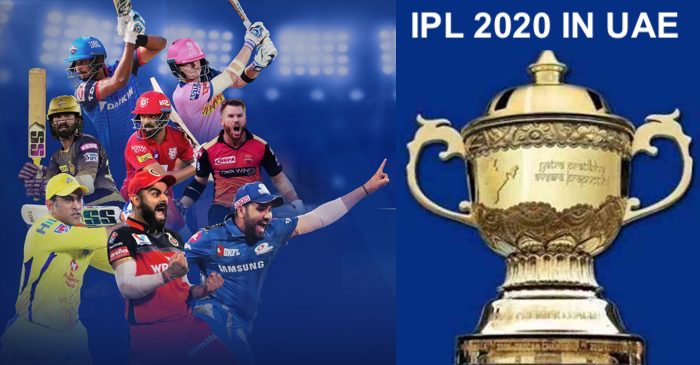13th season of the Indian Premier League (IPL) was scheduled to get underway on March 29 at the Wankhede Stadium in Mumbai. Chennai Super Kings (CSK) and the Mumbai Indians (MI) were set to lock horns in a re-match of the 2019 IPL final. But then the COVID-19 pandemic ended up playing spoilsport, and the event had to be deferred.
After a lot of deliberations, the decision to host the tournament in the United Arab Emirates (UAE) came to the fore. Last week, the Board of Control for Cricket in India (BCCI) announced that the 53-day event would be taking place in Dubai, Sharjah and Abu Dhabi from September 19 to November 10.
The eight franchises will have to go through coronavirus testing and several other protocols before and during the event.
When will the BCCI release the full schedule of IPL 2020 in UAE?
The answer to this question is ‘not anytime soon’. It is because the smartphone maker VIVO has pulled out as the title sponsor of this year’s IPL, following criticism on social media about a Chinese brand being associated with the championship. Now, the BCCI has to close to a deal with a new sponsor before unveiling the IPL trophy and the fixtures of the matches.
Apart from this, the venues – Dubai, Sharjah and Abu Dhabi – for the doubleheaders are yet to be finalized. The cash-rich tournament will witness 10-afternoon matches starting at 15:30 IST while the evening matches will begin at 19:30 IST.
The Confederation of All India Traders (CAIT), meanwhile, doesn’t want the BCCI to conduct the 2020 edition of the IPL in the UAE. The CAIT has urged the Union Home Minister Amit Shah and External Affairs Minister S. Jaishankar not to give a green signal to the IPL.
“We have sent a communication to Shah and Jaishankar, demanding not to give approval to the BCCI for holding the IPL in Dubai,” the CAIT was quoted as saying on The Quint. They also said that it would contradict the government policy.
After the cancellation of events like Olympics and Wimbledon, due to the COVID-19 pandemic, they said that the BCCI’s decision must be condemned. CAIT didn’t mince any words in saying that the Indian board’s move reflected its greed for money.
